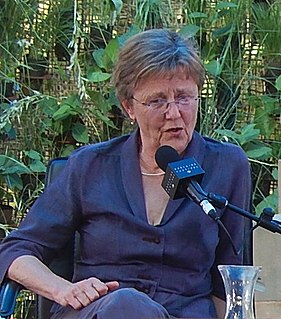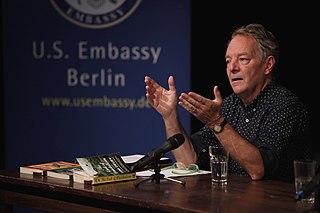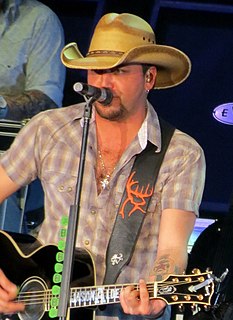A Quote by Helen Garner
While I was writing 'The Spare Room,' I thought, 'I'm going to look really bad in this book - there's no redeeming this kind of awful, ugly emotion', and I thought, 'I'm not going to change it. I'll call the character 'Helen' and admit to those feelings.' I think this is a reason why people write.
Related Quotes
What really worries me is that those who are in positions of power are not really affected by what we are writing. In the moral dialogue you want to start, you really want to involve the leaders. People ask me: "Why were you so bold as to publish A Man of the People? How did you think the Government was going to take it? You didn't know there was going to be a coup?" I said rather flippantly that nobody was going to read it anyway, so I wasn't likely to be fired from my official position. It's a distressing thought that we cannot engage our leaders in the kind of moral debate we need.
When I first told people I was writing a book, some would say that was interesting, but others thought it was some holiday project and I would lose interest. I think my parents thought the same thing, and they were surprised when I kept going. I'm not sure I thought I would keep going, but then it became a big part of my life.
I was asked in an interview once: You're writing another book with a female lead? Aren't you afraid you're going to be pigeonholed? And I thought, I write a team superhero book, an uplifting solo hero book, I write a horror-western, and I write a ghost story. What am I gonna be pigeonholed as? Has a man in the history of men ever been asked if he was going to be pigeonholed because he wrote two consecutive books with male leads?
Objectifying your own novel while writing it never really helps. Instead, I guess while you're writing you need to think: This is the novel I want to write. And when you're done you need to think: This is what the novel I wanted to write feels like and reads like and looks like. Other people might call it sweeping or small, but it's the book you chose.
We call them impact songs, and people buy impact songs. But you just never know what those songs are going to be. One of those songs that really went through the roof for us was 'Big Green Tractor,' which I thought was kind of a fun little ditty song that I never in a million years thought would be as big as it was. But it was.
When it became easy enough to do dairy online, then I just thought, "Oh, I'll start doing this. I'll put the parts online that aren't going to get me in trouble. I'll save the rest for myself." It became also this kind of self-therapy. I could write about stuff that was bothering me, or personal stuff. And the very personal stuff I could edit out. But it was kind of the catharsis of getting it out and writing about it, that made me think, "Okay, I see why people do this, why they keep these diaries." So I thought, "Well, let's see what happens when I post some of it."
When I walk up on that shore in Florida, I want millions of those AARP sisters and brothers to look at me and say, 'I'm going to go write that novel I thought it was too late to do. I'm going to go work in Africa on that farm that those people need help at. I'm going to adopt a child. It's not too late, I can still live my dreams.'







































